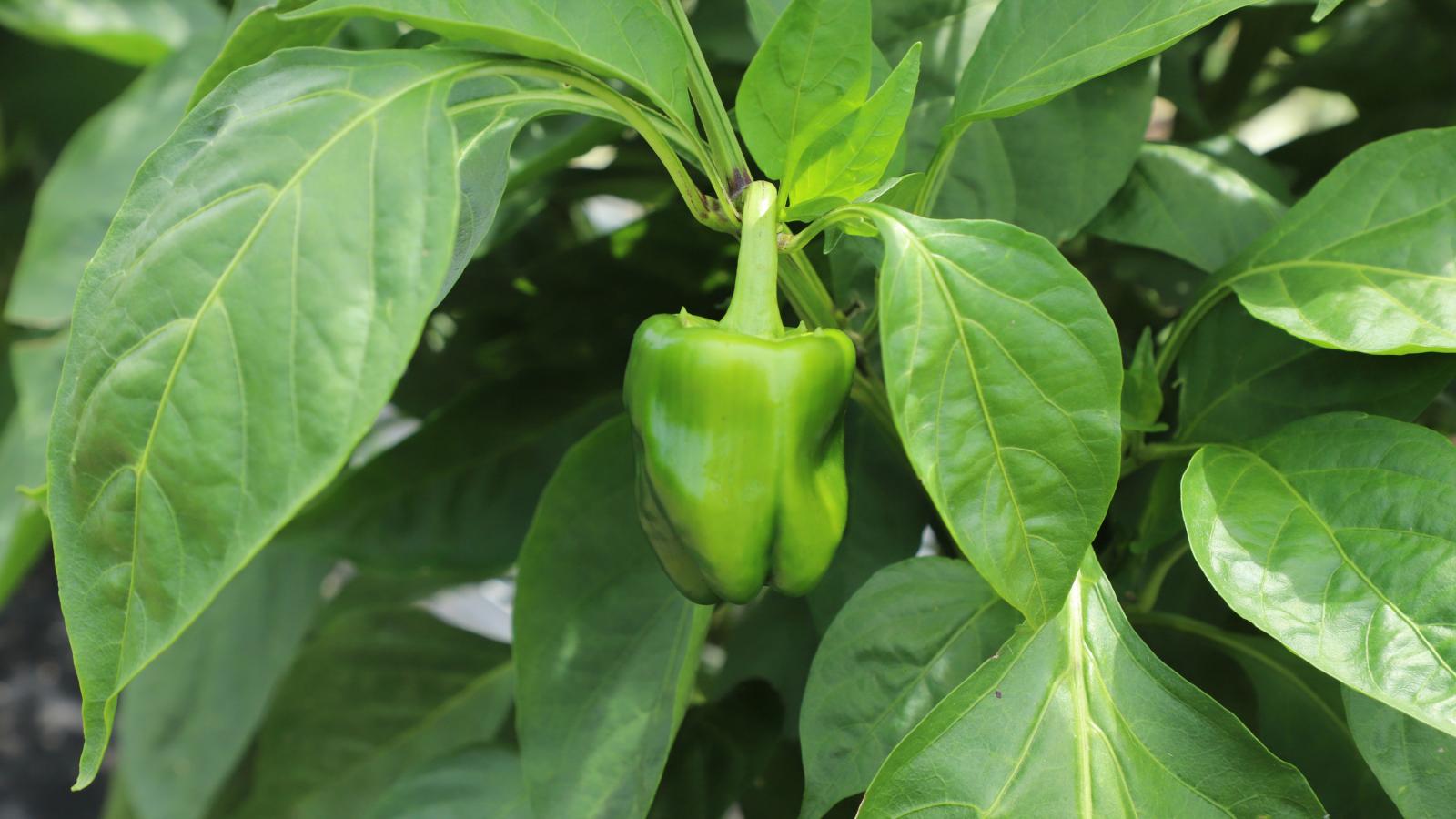Instructor(s): Charles Francis
Number of Credit Hours: 3
Cross-listings: PLAS 439, HORT 839
Prerequisites:: Admission to the M.S. or Ph.D. program.
Description: History of organic farming and horticultural systems, organic certification, nutrient and pest management in organic systems, planning organic enterprises including production and marketing, resilience of organic systems in ecological, economic, and social terms; future issues and potentials of organic food systems.
Learning Outcomes/Course Objectives
- Discuss history and current state of organic farming and food systems; key people and groups involved in developing practices and systems; and topical information on integrated organic crop, and crop/animal systems
- Understand and describe key elements of organic production systems and how components interact, using scientific principles from ecology, crops and soils, and plant protection, especially for key Nebraska integrated crop, horticultural, and livestock systems; explore biodiverse tropical agroecosystems
- Describe organic certification, history and applications in U.S. and elsewhere, importance of standards for production and sales, strengths and weaknesses, and differences in organic standards among countries
- Discuss implementing organic methods for establishing a crop, maintaining soil fertility, protecting against pests, producing high quality organic products, designing efficient production systems unique to each agroecozone and niche within that zone; compare temperate and tropical organic systems
- Discuss organic processing, marketing, food consumption patterns, food safety and quality, explore unique methods used in the organic sector of the food industry; describe the magnitude of the organic food sector in the U.S. and elsewhere and its potential for the future
- Explore key contemporary issues in organic farming and food systems such as GMOs, hydroponic systems, permaculture, future possible changes in certification requirements, global organic food systems and markets, industrial organic production and marketing, plus broad issues in land use, food security, and food sovereignty in U.S. and elsewhere.
